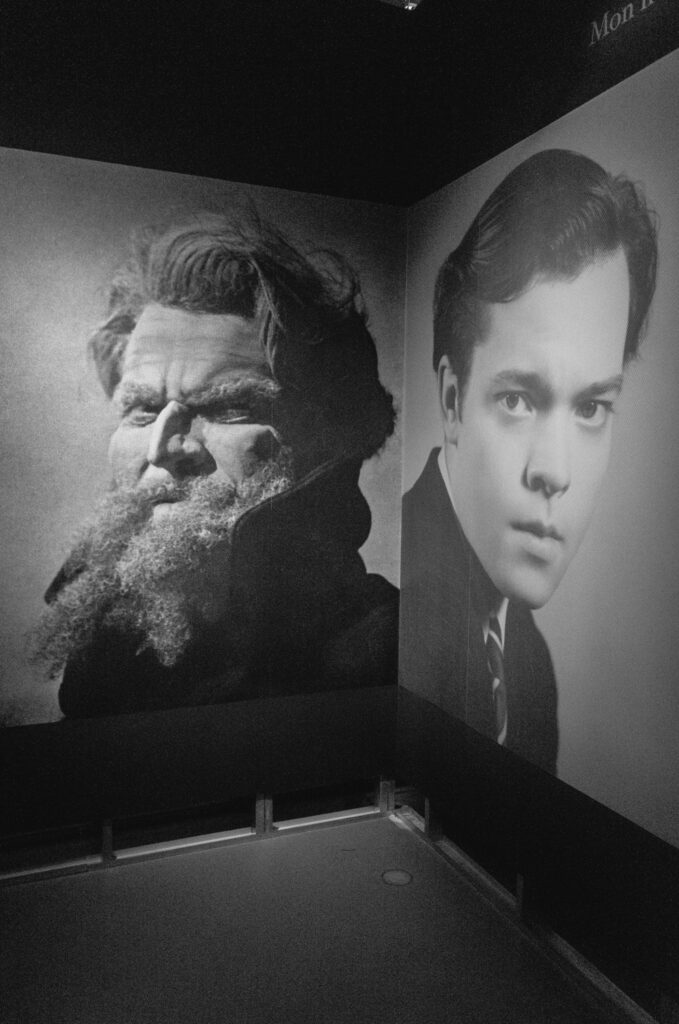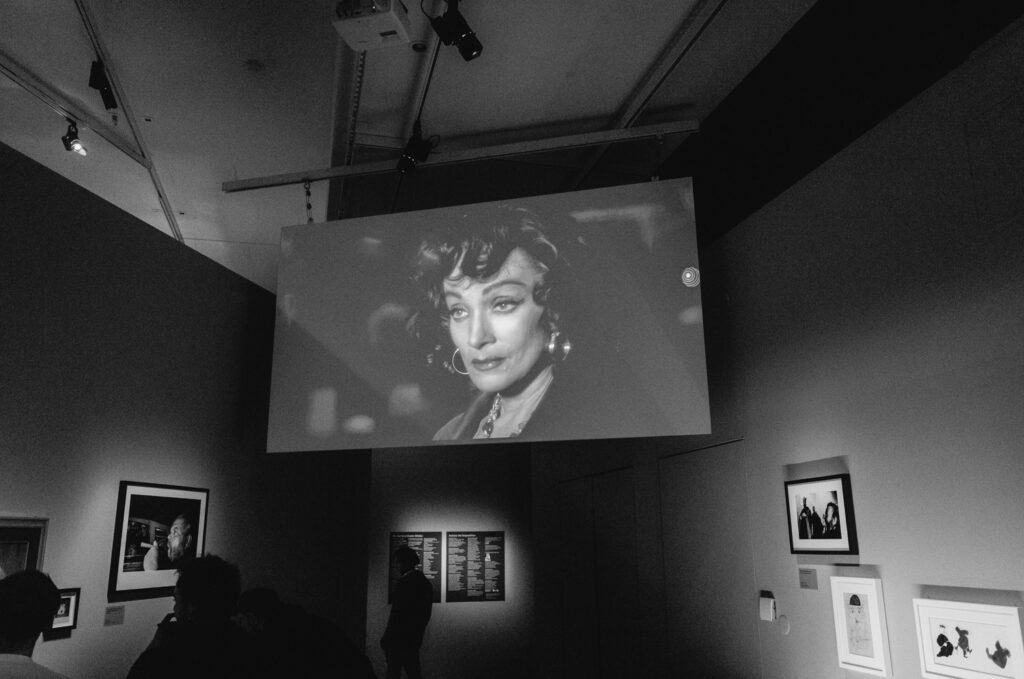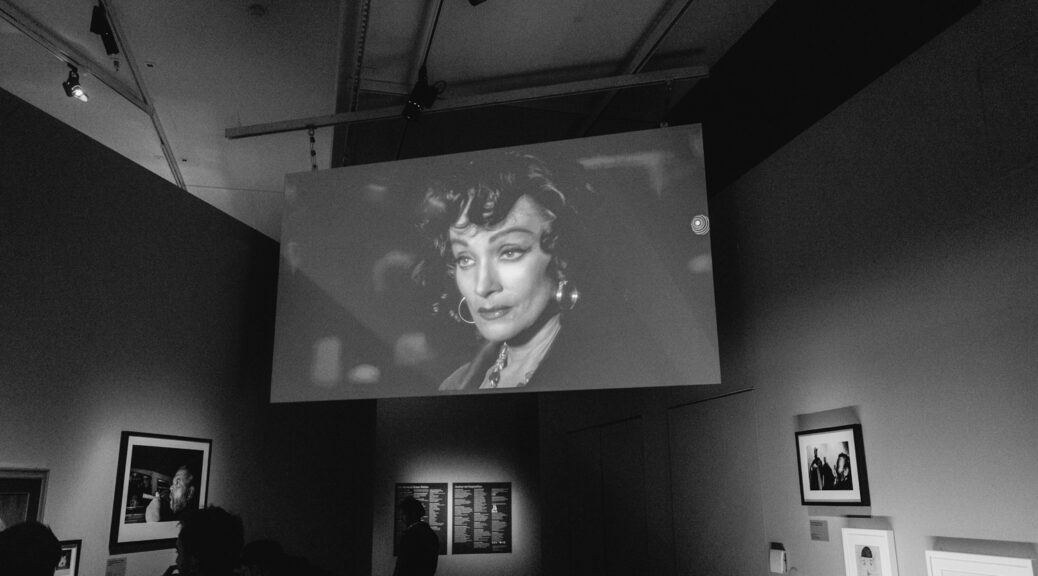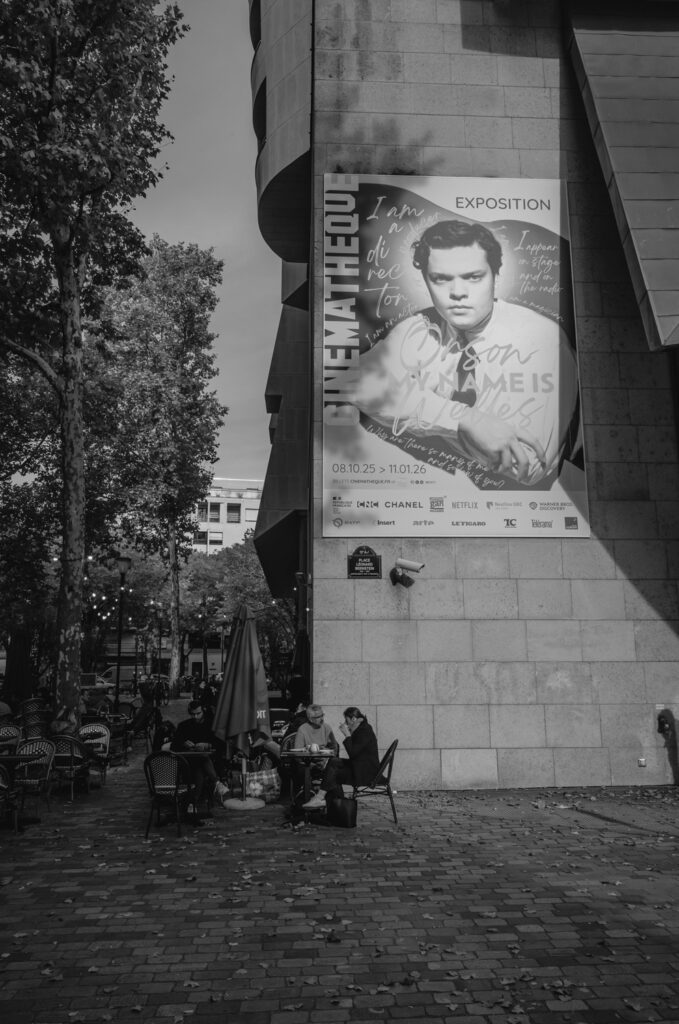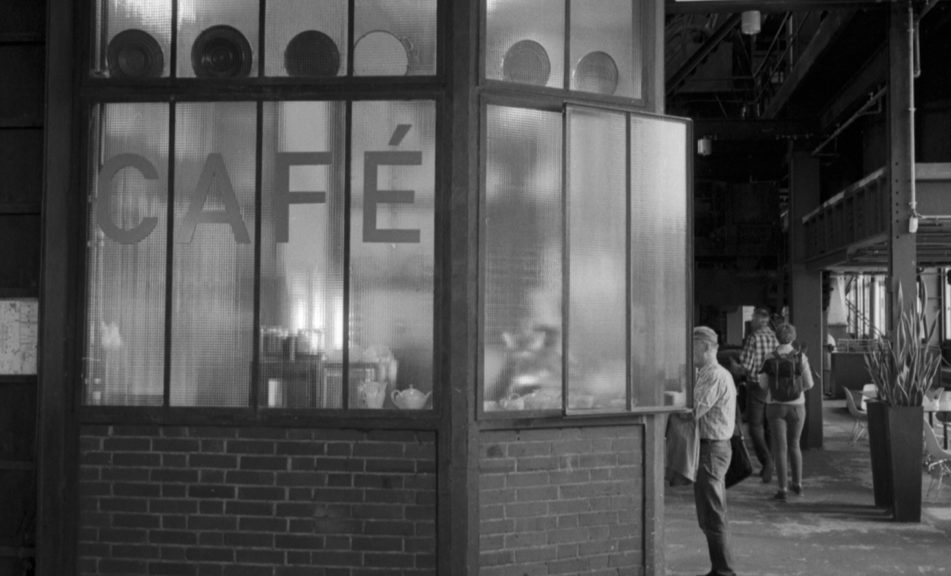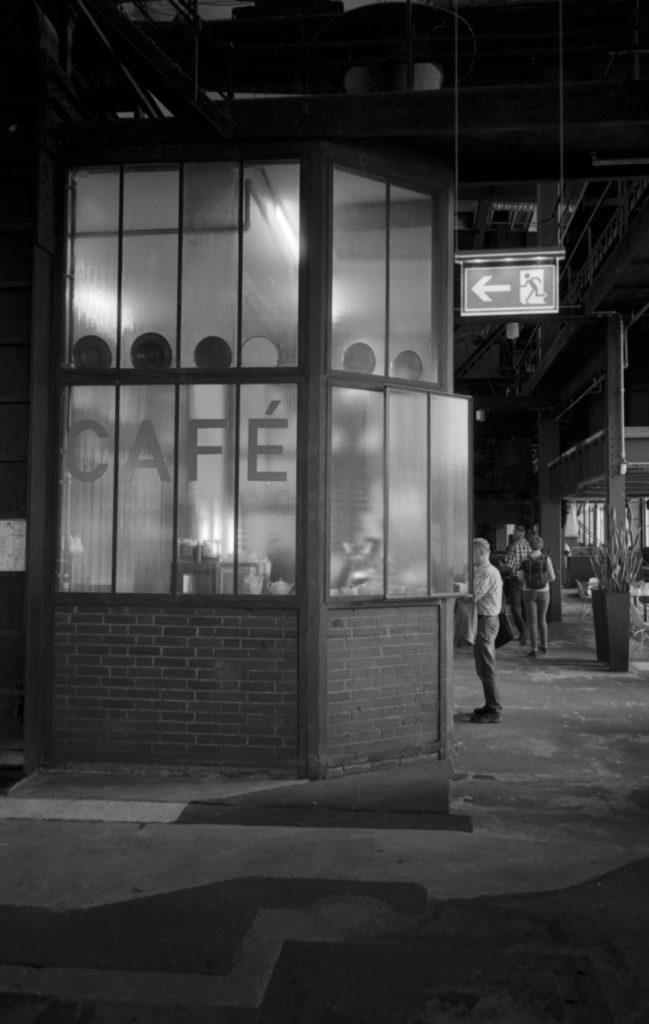I recently discovered Yuval Harari’s book, “Sapiens”, which was first published in 2014. It is an ambitious book, attempting as it does to summarise the whole history of the human race in a few hundred pages. It’s obvious in this kind of enterprise there are going to be some oversimplifications and sweeping generalisations, and that’s certainly what happens. I also thought, starting the book, that his aim was simply to describe the history of the human animal, but his ambitions are much larger than that. His book is also a history of human society and civilisation. Harari has stated that he is strongly inspired by Jared Diamond, and Diamond’s influence is visible at least to the extent that both authors agree that no question, no matter how large, is not amenable to rational enquiry.
Harari attempts to explain how Homo Sapiens has become so successful and now completely dominates planet Earth. He mentions the “Dunbar number” which is the number of people a person can know and trust: it is around a hundred. Beyond that, there has to be some other way in which people can bind together into groups. Trust is a fundamental part of our societies (a point also made in Bruce Schnieder’s books). For Harari, this trust comes from a series of shared beliefs. His point is that they are just that, beliefs, with for the most part no basis in reality. For him, almost all of the constructs at the foundations of our society are shared beliefs. For Harari, liberal humanism is just as much as a religion as, say Christianity. He goes further. What drives us as a species? One answer is that we are driven by the shared belief systems of our society or simply the pursuit of happiness. Our consensual illusion. He suggests that a future study of history should examine in detail how happy people were in past times, but at the same time reminds that this is of course, a completely arbitrary and subjective measurement. He leans heavily on Buddhist philosophy as way out of this dead-end, in particular the notion that, well, you must become aware of your feelings in order to surpass them. Well.
Rationally, it is hard to disagree with this. However, the discussion does show the hole you can dig yourself into if you decide that Humans are intrinsically not very different from other species on the planet (apart from a few important cognitive innovations which Hariri explains very well) or that the search for knowledge or belief in “progress” are also partially delusional. It seems to me that this line of thinking has led to one of the predominant problems of our time: a lack of belief in human agency and the idea that there is nothing much worth saving in our culture. Until we can change that, I don’t see how we can decide where we, as a species, want to go.
